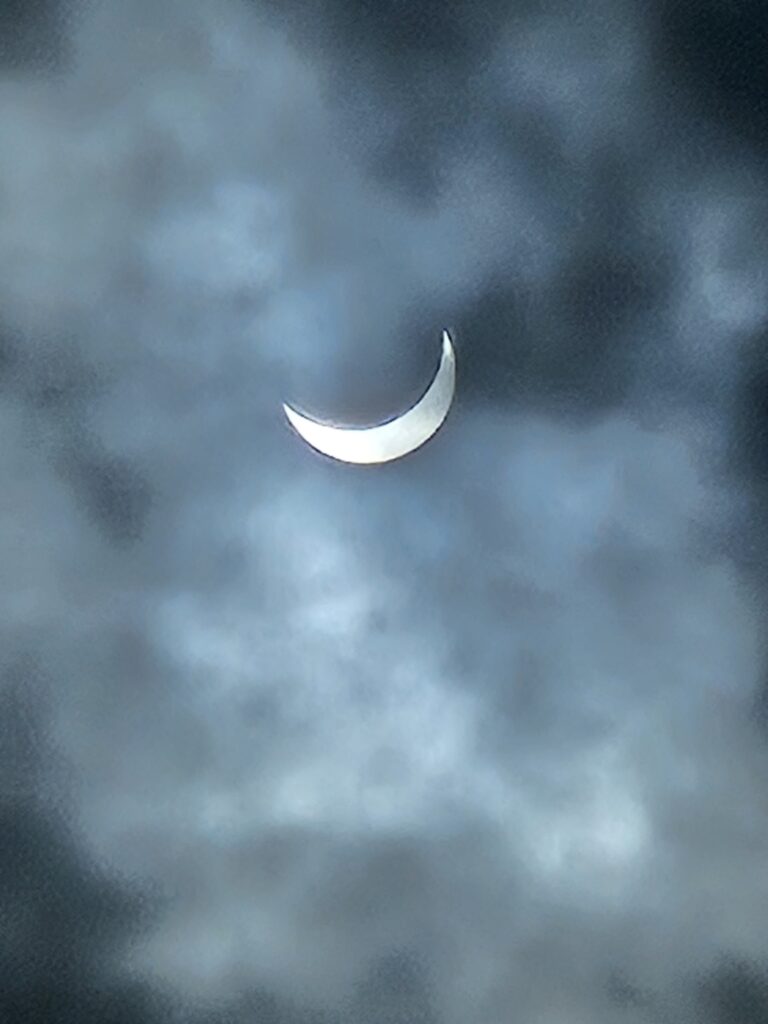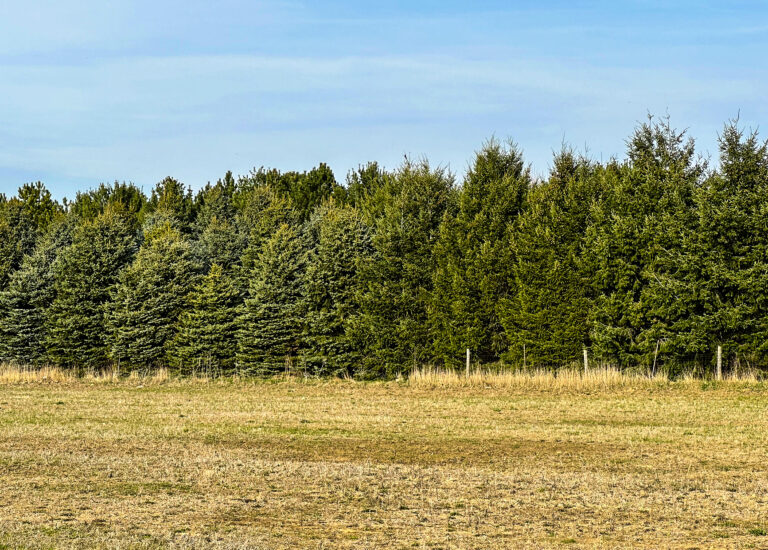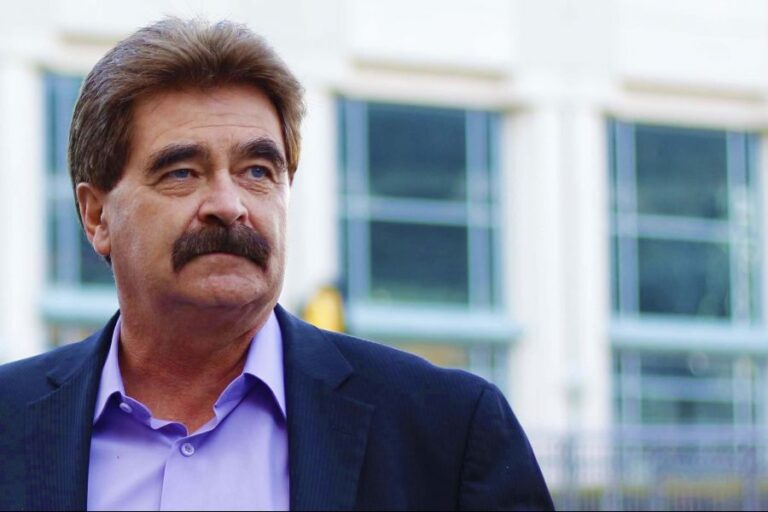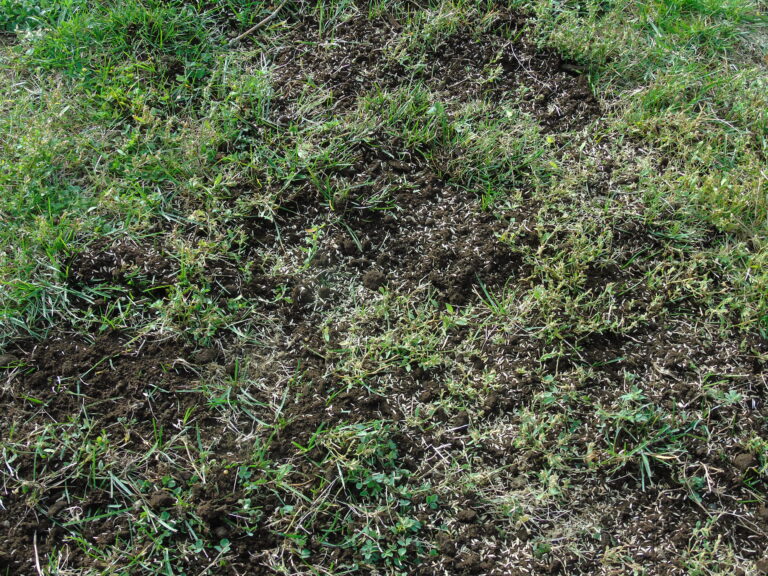Dear editor:
I am writing in reply to Alexander Evans’ letter, “Just ‘ask why,’ when debating property rights in NOTL,” published Jan. 26, addressing “development that respects history and architecture.”
Why? Because we are only custodians and not owners of this unique and special land, of these older buildings that were put here by past generations through their toil and hard work, much of it with materials and energy that are not so renewable either.
We are just passing through, nothing more, and we have a moral obligation to protect and preserve, at least some of it, for future generations, to remind and teach them of our history, of our culture and to leave them the richness and beauty of our past.
There are no greater examples than in most major European and Asian cities and towns, which is so often why we visit them and love to live in them.
Why? Because all these older buildings have “embodied energy” and climate change is a real and present danger. Now we build with many more man-made synthetic materials, with ever-increasing amounts of plastics.
Now we have to build with younger growth timber, as the world struggles to rebuild some of its forests. It makes no sense to demolish and build new, when we can preserve and adapt these places to suit today’s world.
Why? Because oversight is necessary for accountability, where regulation is required to control capitalism, greed and destruction, because one person’s gain is often another person’s loss.
There is no injustice or bias in development control. It seeks to provide protection and a planned built environment for everyone’s enjoyment.
It provides controls, as well as ensuring some fairness and equity for all, although granted, its process can be somewhat cumbersome, frustrating and onerous at times.
Rural communities and towns are not the same as sprawling urban areas and cities (and it’s one reason why most of us live here), so neither should they be treated so.
Philip Hoad
St. Davids










